**If you want to know more about using this notebook for distance learning, go to this post all about OG and Distance Learning.
Dyslexia seems to be a new buzz word lately, and I don't like that it is just that. There is so much more to dyslexia, and we, as teachers, need to recognize it and find ways to help those students who struggle in the areas of reading, spelling, and writing. Using multi-sensory methods, we can help students with those literacy areas. The notebook pages are an integral part of the lessons, used for learning the patterns and reviewing them as needed.
Last summer I spent four days learning how to use Orton-Gillingham and multi-sensory activities with my groups of students. To ensure that we actually used what we learned, we had to use the methods we learned with a group of students. I chose to use it with two different groups of third graders who struggled with spelling. The results were amazing!
Every other day, I introduced a new feature to each group. Luckily they were at different places, so I could sort out my cards easily. Since I only get 30 minutes with each group, I had to modify the plan a little. On the second day of the lesson, we reviewed the feature by looking at the word lists in the notebook and marking the words by feature as we read them.
I had the students grouped into groups of five, but I had a hard time making sure their note pages were ready when I had to write them. Knowing there was a better way, I created the notebook pages for beginners.
Each feature includes word lists with 8-12 words for students to read and code. Most of them include picture clues, along with phrases to help remember the features. The "Bossy r" words include 3 characters with stories full of those r-controlled features to help students remember those types of words (er, ir, ur).
Each half page fit perfectly into any notebook we used. They were able to mark up the words and then go back and look at them at any given time. They honestly couldn't wait until the end of the year when they were able to take their notebooks home for the summer.
The notebooks also helped a lot when I met with parents. I was able to show the students' parents what features we had covered and the expectations for reading and spelling those words. Sometimes I had extra sheets, and I would send those home with students for reinforcement. If I didn't have them, copying was a cinch! During the meeting, I would hit print and send what I needed to the copier.
As for the results, I couldn't believe what we accomplished and how it all sank in! The notebooks made it easier for us to review word features as needed and show off what we had accomplished.
If you would like your own copy of the Beginners' Orton-Gillingham Notebook, you can purchase it in my Teachers Pay Teachers store by clicking here or on the picture below.
Now I am working on making the pages into full page posters. This way I can use them with groups as we go through and allow the students to see what we are doing, as they are bigger. So far, I have the short vowels finished, which you can find here, but I plan to finish all the rest of them throughout the year. Click on the picture below to check out the short vowel posters in color and black and white!
Stay tuned for my next Orton-Gillingham segment all about making it fun!
Pin for later:
And if you would like to see more about how I use Orton-Gillingham in my interventions, check out these posts.
Orton-Gillingham in Small Groups: Working Magic Daily
Orton-Gillingham in Small Groups: Planning for Success
Orton-Gillingham in Small Groups: The All Important Notebook
Orton-Gillingham in Small Groups: Engaging Students All the Time
Orton-Gillingham in Small Groups: Designing Your Space
Orton-Gillingham in Small Groups: Engaging in SOS







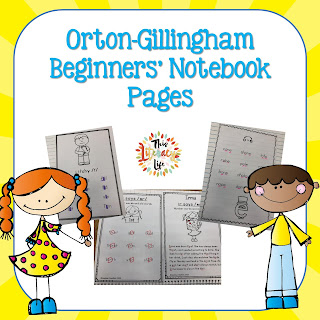
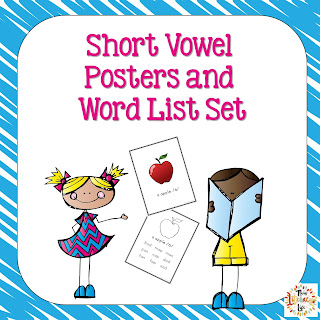


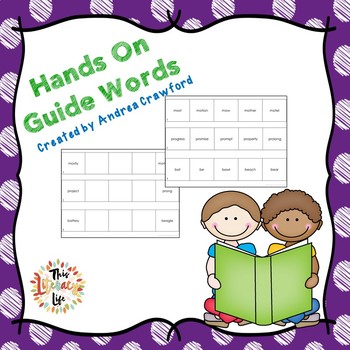
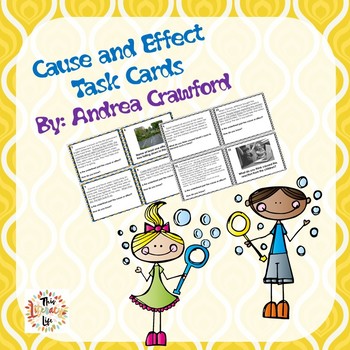
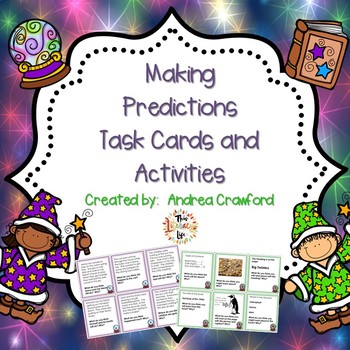
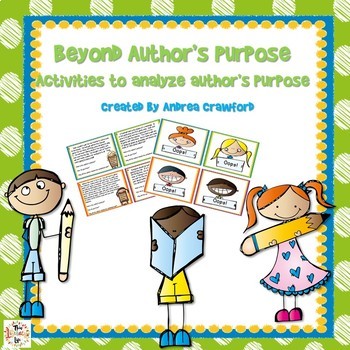
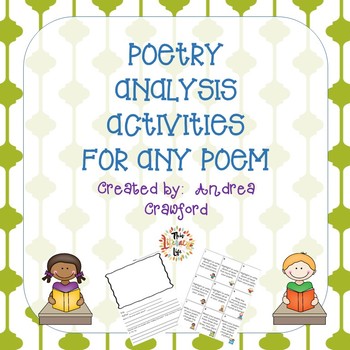
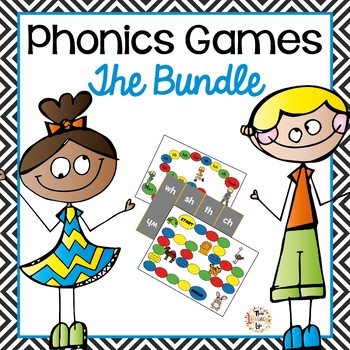
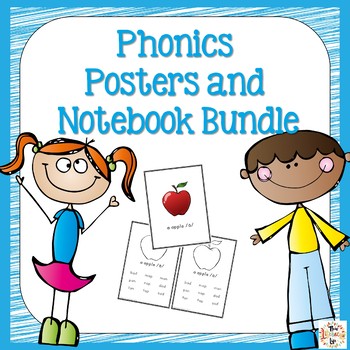
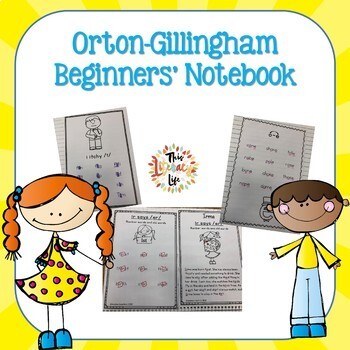







No comments
Leave a comment, tell me your thoughts!